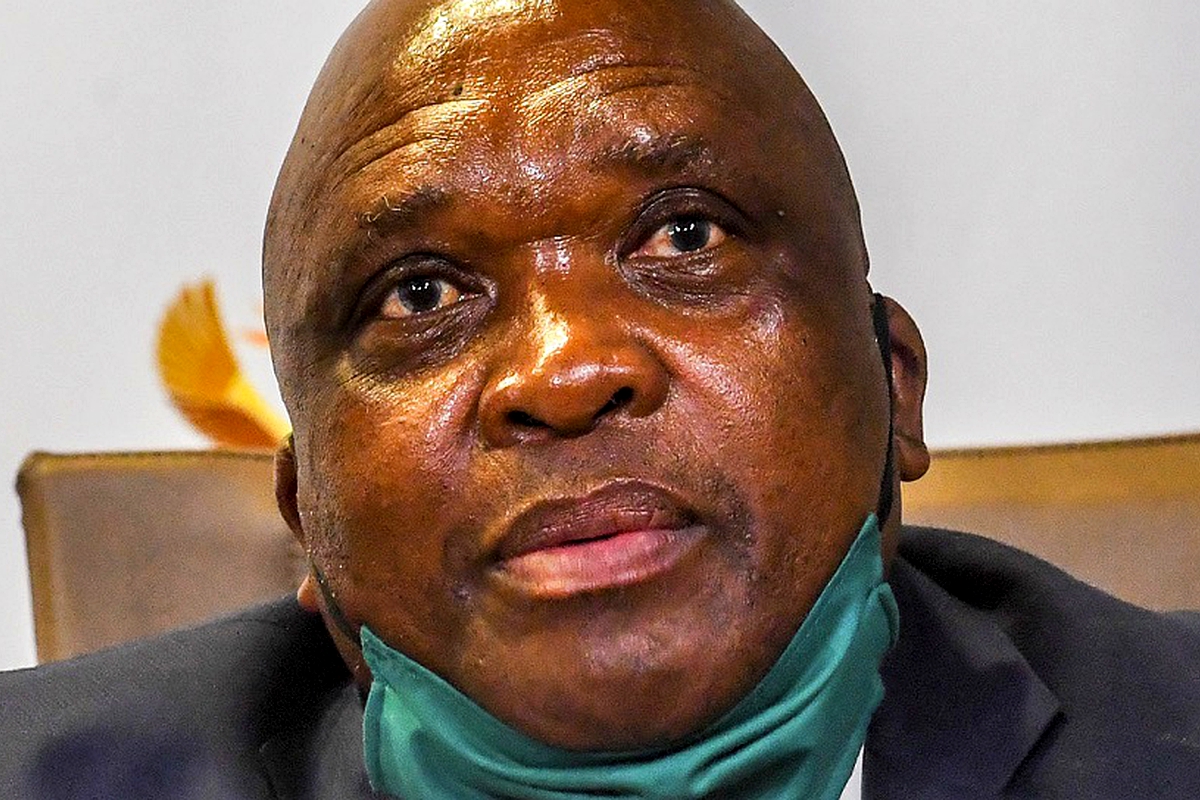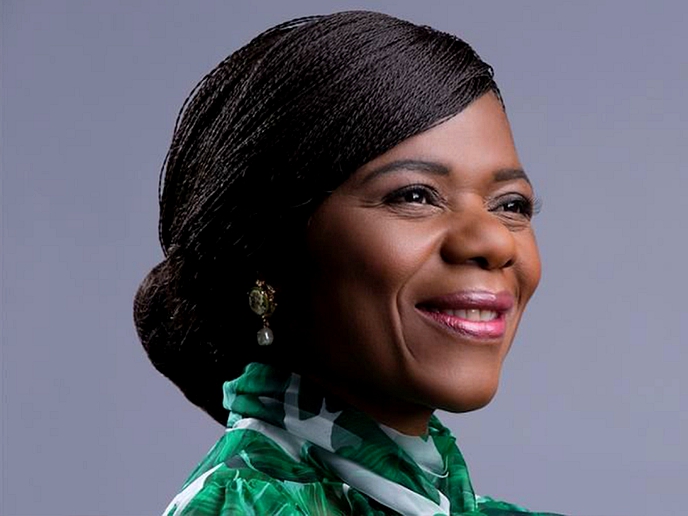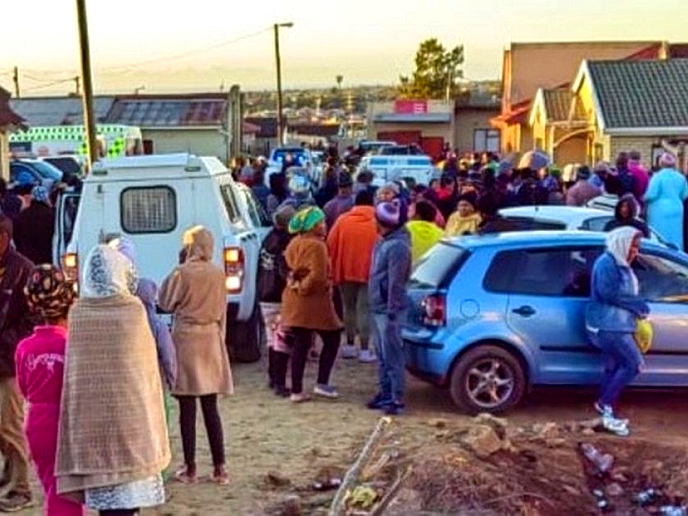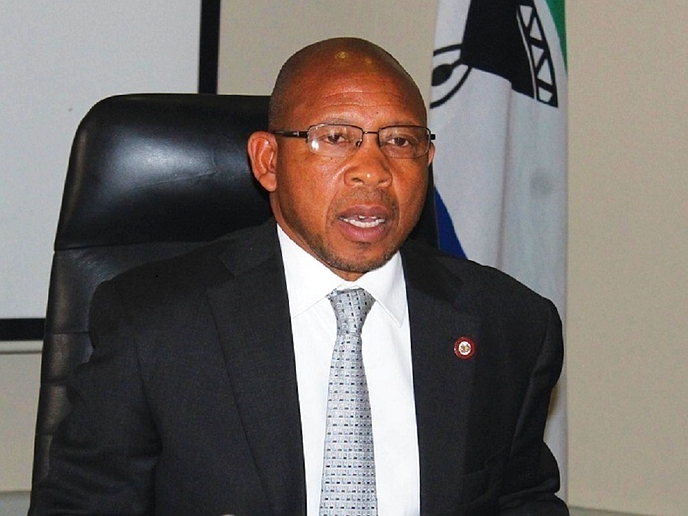SOUTH Africa is anticipating a fourth wave of COVID-19 cases in November, the Minister of Health, Dr Joe Phaahla has said.
africa
Aug. 31, 2021
STAFF REPORTER
4 min read
SA envisages 4th COVID-19 wave

SA Minister of Health, Joe Phaahla
He told a media briefing over the weekend that this is problematic as South Africa’s third COVID-19 wave is continuing to behave in an unpredictable manner, and is notably different from the country’s first and second waves.
Dr Phaahla said the long tail of third-wave cases is a particular concern, as the country faces moving from one wave of cases straight into another over the summer.
“The third wave is dragging for far too long. Sometimes it looks like there will be a steep downwards trend and then it rises again,” he said.
In the absence of new variants, he said what this means is that many South Africans are not observing the prescribed precautions.
“The risk of this is that by the time the fourth wave comes which is predicted to be sometime in November, possibly driven by a new variant, it may find us still at the tail end of the third wave, which will mean that our health facilities and health workers would not have had much rest. This is something that is worrying and we urge all South Africans to observe the known protocols,” he said.
He noted that South Africa’s third COVID-19 wave had shown an initial steep downward trend since July 9, however, since August 13, cases started to trend upwards.
This fluctuation, he said can also be seen in individual provinces such as the Western Cape, Northern Cape, and the Free State especially.
While the national case positivity rate for South Africa is around 19 percent, the Western Cape and Northern Cape have much higher positive rates at 27 percent and 30 percent respectively, adding that the Northern Cape cases have remained high over a prolonged period.
“A very worrying trend is that in both provinces, there have been younger people aged between 10 and 19 testing positive for COVID-19. While some clusters can be traced to school opening, there are also indications of social activities such as partying without precautions,” the minister also said.
Dr Phaahla noted that the government is now considering the possibility of booster shots as well as mandatory vaccines, adding that a suggestion has been made by various influential people in society to consider a mandatory vaccination policy.
“We are discussing this at various forums and considering options. We have noted discussions taking place about a possible Johnson & Johnson booster. This matter has been referred to our Vaccines MAC to look at,” he noted.
Enjoy our daily newsletter from today
Access exclusive newsletters, along with previews of new media releases.
He said the government’s priority is to ensure that all adult South Africans who are willing, get vaccinated first, adding that only then can they consider other suggestions.
The virus, he said may still be a factor in the near future and the best solution is to achieve herd immunity through vaccination.
“It’s going to take some time and there’s going to be a number of waves but what we are told and what seems to be the route to go is that the more we cover in vaccinations, the less mutations and if there are less mutations and less viral loads of this COVID-19, then there will be less waves coming,” he said.
South Africa has to date reported about 2.77 million COVID-19 cases with recoveries at over 2.4 million while related deaths have reached 81 830.
The total number of vaccines administered is 11 648 851. At least 1.5 million doses of either the Johnson & Johnson or Pfizer vaccines were administered over the past week.
A total of 8.8 million South Africans have received at least one vaccine with 5 450 000 fully vaccinated. LeNA
Tailored for you






